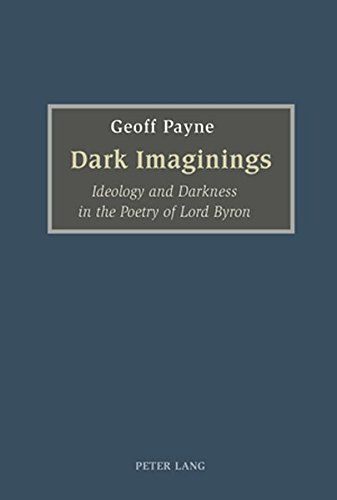
Dark Imaginings Ideology and Darkness in the Poetry of Lord Byron
What does it mean to say that poetry is dark? How does the presence of darkness give meaning to literary works? Such questions sit at the centre of this study of Lord Byron, a man who has been characterised as intrinsically dark by generations of scholars. This is the first book to offer a comprehensive survey of Byron's darkness, producing new and innovative readings of his poetry by exploring how darkness (both literal and figurative) helps to structure his work's ideological topography and facilitates the exchange of ideas between its different ideological systems. Canvassing a variety of issues relevant to a number of different manifestations of darkness, the study explores such diverse topics as the relationship between sublime aesthetics and the gendering of desire, the connection between darkness and Byron's Scottish nationalism and the influence of blackness on his engagement with the Orient. With such a broad focus in mind, it also engages with texts that represent Byron's oeuvre in its broadest sense, engaging not only with canonical texts such as Manfred and Don Juan, but also selections from Byron's juvenilia, the Oriental Tales and his letters and journals, as well as surveying the critical reviews that helped to influence the colour of his work and its later reception.